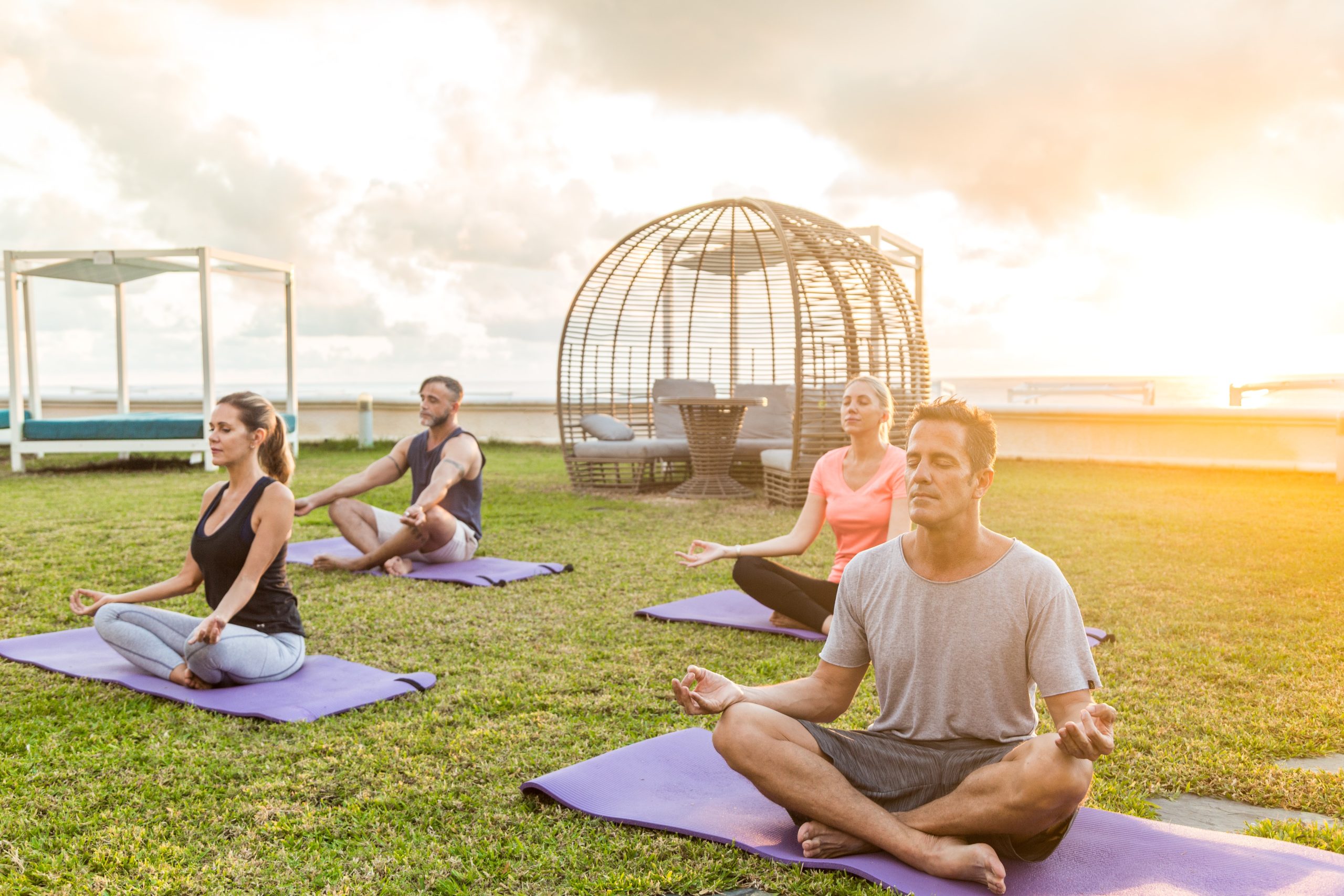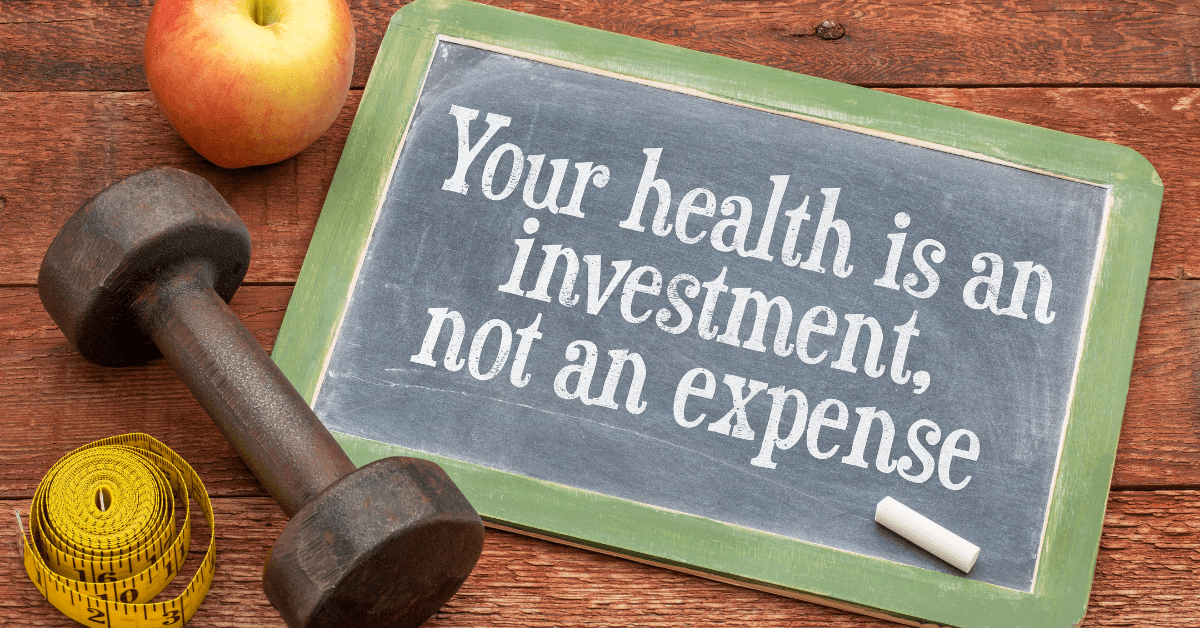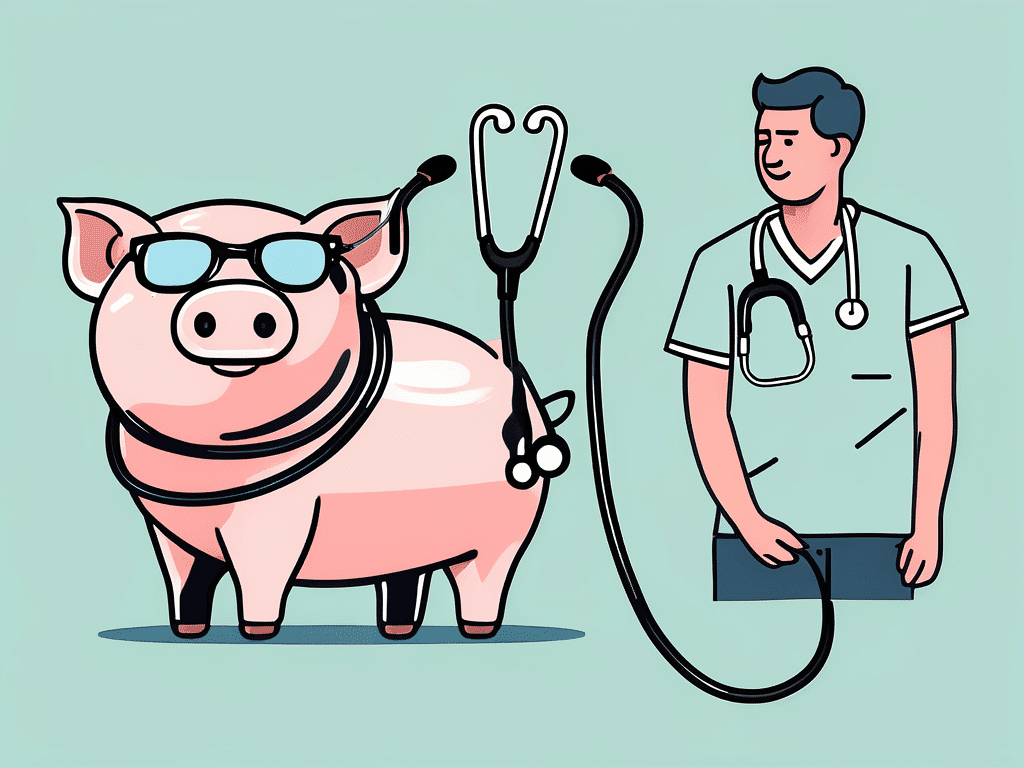This year’s World Mental Health Day campaign is encouraging everyone to make a promise to “Look after your mental health, Australia.”
Head over to the campaign website to make a mental health promise(link is external), hear some tips and advice from organisations and Australians, and find resources to help mark World Mental Health Day in your workplace or community.
Tips to Nurture your Mental Wellbeing
We cannot erase the fact that the mental health of Australians took its toll during the COVID-19 pandemic surge and even up to now as we deal with and live in the new normal.
Data from the Australian Bureau of Statistics revealed that in January 2021 (10 months into the pandemic), 22% of Australians reported that their mental health was ‘worse’ or ‘much worse’ than in March 2020 (start of the pandemic); comparatively only 0.1% of people in Australia have been infected with COVID-19.
These statistics indicate the immense impact on Australians’ mental health less than a year after the surge. And now that we are in the second year going into the third year, the scenario may either worsen or improve.
But despite any circumstances, several efforts are continuously rolled out by different organisations and foundations to aid in catering to the mental health of our fellow Aussies. In fact, October is National Mental Health Month in Australia, and this year’s theme is Building Resilience: Communications and Connection.
In line with this, here are three tips that will help you communicate and connect to nurture your mental wellbeing this National Mental Health Month 2022
Tip #1: Connect with your community
Several organisations like Mental Health Foundation Australia and Mental Health Coalition of South Australia prepared different kinds of activities for diverse communities this month. Among them are mental health forums, specifically for women, senior citizens, men and members of the LGBTQIA+ community, and a lot more.
A recent study found that one of the factors why the mental health of Australians worsened during the pandemic is a lack of social support and connection. The intensified lockdowns previously may have been a huge factor that led to an increased feeling of being alone and isolated.
These events encourage you to go out there and talk to people within your community because it alleviates your mental wellbeing by giving you a sense of belonging and connectedness.
If you are interested in joining the virtual and on-ground activities, view the calendar of events of Mental Health Foundation Australia here and Mental Health Coalition of South Australia here.
You may also opt to connect within your community if you think the said events are not suited for you. It can be a group of people who live around you, your closest friends, or whomever you feel a connection with that generates a positive impact on your mental wellbeing.
1Bower M, Donohoe-Bales A, Smout S, Ngyuen AQH, Boyle J, et al. (2022) In their own words: An Australian community sample’s priority concerns regarding mental health in the context of COVID-19. PLOS ONE 17(5): e0268824. https://doi.org/10.1371/journal.pone.0268824
Tip #2: Connect with nature
Another option is to enjoy yourself by connecting with nature if you do not feel like going out in public gatherings or sharing your thoughts with others. It helps you destress, clear your mind, and improve your concentration.
After all, they are still living things, and several testimonials state that talking to plants really helps you. They are just there to listen to whatever you want to tell them without judging you, and you know for sure that your secrets are safe with them.
Go to an uncrowded park or reserve with a picturesque landscape where you can be at peace alone whilst you are connecting with nature and see the magic it does to you.
Alternatively, you may also try the simple act of gardening at home. It is a convenient hobby and is suitable for anyone regardless of age, whether you are a youngster or a senior citizen.
There is a joyous and extraordinary feeling when you see your plants growing healthily after taking care of them. Gardening actually boomed during the surge of the pandemic because it helped several people keep their sanity, especially when there were intensified lockdowns.
https://www.ucdavis.edu/food/news/survey-people-turned-gardening-stress-relief-food-access-during-pandemic
Tip #3: Communicate with a professional
Consulting with a professional is your best option if you really want to talk to someone but are uncomfortable with connecting to a community. A psychologist will help you understand your thoughts and feelings and how to manage them effectively.
Do not think that consulting a psychologist is only for select people with severe mental health issues. Private counselling is and has always been for everyone. So, if you believe you need to get one, go on and book that appointment already.
This National Mental Health Month, do not regret prioritising yourself and your mental health first, as it is essential to sustain good overall health. And so, this is the perfect time to set other things aside so you can focus on your mental wellbeing.
Prioritise your mental health with ExtrasJar
One of the reasons why Australians choose not to reach out for professional support is monetary worries. Their mental health is already affected, and they don’t want to add more fuel through financial burden.
At ExtrasJar, we support a healthy future in all aspects – physically, mentally, and financially. In fact, Psychology & Counselling is among the vast authorised health care treatments you can get when you have an ExtrasJar Health Extras Account.
We give you flexible and effective extras cover that suits your lifestyle, budget, and needs so you can leave your financial worries behind. You are in control; if you want to spend all your money on specific treatments like Psychology & Counselling, you can! It is your money, and we leave it that way.
Join the revolution now and be the best version of yourself with the help of ExtrasJar.



